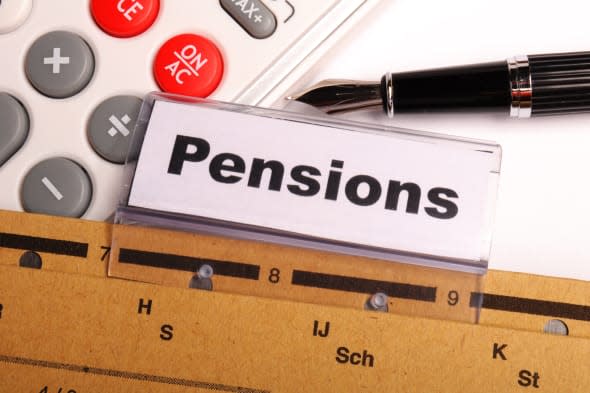Managing your money in retirement

Retirement represents a major change in lifestyle for most people, not least because their financial situation is likely to differ greatly from working life. If you are thinking about how to cope financially, here are a few tips to help you manage your money and enjoy your retirement.
Related Searches
Plan ahead
If you know at what age you plan to retire, it's important to think ahead rather than waiting until the inevitable happens. Your financial circumstances will almost certainly change and that could mean your spending needs to change too. Therefore it is wise to tot up at least an estimate of what your income will be, whether that's through a private pension or the state pension. You should also include any Pension Credit or retirement benefits you may be eligible for. The Money Advice Service can help you to find out what you are entitled to, and how much your state pension is likely to be.
Trace lost pensions
Those who have changed employer a number of times during their working life may well have pensions that they have lost track of, but if you paid in to a pension pot, you are owed money nonetheless. If you don't know who the provider was, either call your former employer to find out the details you'll need to claim, or use the free Pension Tracing Service by calling 0845 6002 537.
Make a budget
Once you have a good idea of what your income will be, it's time to look at expenditure. It can be tricky since your spending will undoubtedly change when you reach retirement, and costs such as travel to and from work will obviously be reduced when you retire. However, if your current expenditure is vastly greater than your retirement income, you can plan ahead by making a budget and thereby looking at where you might be able to cut back on spending.
Boost your pension
If retirement is still a way off, you can boost your pension pot by increasing the contributions you make by as much as you can afford, and if your employer even partly matches your extra payments, it could make a big difference. Alternatively you can defer the date on which you start taking your pension, allowing the savings to build up. Remember that in order to claim the full basic state pension, you will need to have made 30 years-worth of National Insurance contributions, so if you think you may have missed the odd year or are below that threshold, you could fill in the gaps by making voluntary payments while you are still working.
Make savings work harder
With any luck you will have some sort of nest egg, however small, in the form of savings or investments, and it's all too easy to put that money out of your mind, assuming it will be building up nicely. However, a regular review of investments or savings might reveal that you could be making more money elsewhere, so seek help from an independent financial adviser if possible, to make sure your money is working as hard as possible.
%VIRTUAL-AFCSponserAds%
Other sources of income
If it looks like you'll be struggling financially come retirement, it is worth considering some other options that could provide a source of income. For instance, if you own your own home, you could consider equity release, which gives you a lump sum that is paid off either when the property is sold or you move into care, or in the event of your death. Alternatively, the government-backed Rent A Room scheme could provide you some tax-free income, by allowing you to rent a room in your home to a lodger. Under the scheme, you can earn £4,250 a year this way without having to pay any tax.
And finally don't rule out working for a little longer. Even when you start taking your pension, you can continue to work, and a part-time job could make a significant difference to your income, allowing you to relax and worry less about money.
Are you planning to retire soon? What steps have you taken to ensure you will cope financially? Leave your comments below...




